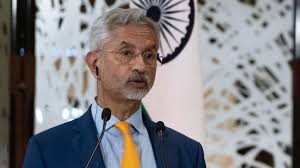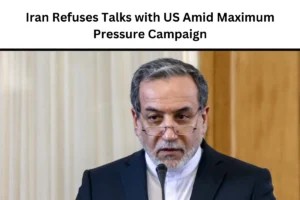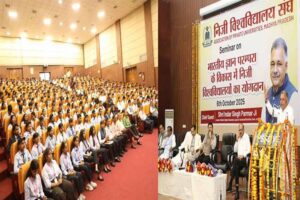
source - internet
External Affairs Minister S. Jaishankar addressed ongoing tensions between India and China on Tuesday. He stated that these tensions will persist until military forces are withdrawn from the border. Jaishankar pointed out that China violated peace agreements in 2020.
He spoke at an event hosted by the Carnegie Endowment in the US. Since 2020, India and China have faced territorial disputes after the Chinese Army entered various areas, from the Galwan Valley to the Finger area along Pangong Lake.
Jaishankar described the relationship with China as complex. He remarked, “We have agreements to keep the border peaceful, but China violated them in 2020. Our military deployments have led to ongoing tensions. Until these deployments are resolved, tensions will continue, overshadowing the broader relationship.”
Despite multiple rounds of military and diplomatic talks, the standoff remains unresolved.
Jaishankar also discussed China’s role in global manufacturing. He noted that China constitutes approximately 31-32% of global manufacturing due to decades of Western collaboration. He stated, “For any country, sourcing from China is often necessary. Whether for consumption or manufacturing, many components come from there.”
He emphasized that trade with China often exists independently of political relations. Different countries may react differently to their exposure to China, depending on their priorities. For India, data sensitivity is crucial. Jaishankar highlighted the need for secure data flows and awareness of risks associated with international trade.
In August, India and China held their 31st meeting of the Working Mechanism for Consultation and Coordination on India-China Border Affairs in Beijing. Both sides agreed to uphold peace and tranquility in border areas, following relevant agreements and protocols.
The two countries engaged in a “frank, constructive, and forward-looking” discussion regarding the Line of Actual Control (LAC). They committed to intensifying diplomatic and military communications to address differences and resolve outstanding issues.
Ultimately, both nations acknowledged that restoring peace and respecting the LAC are vital for normalizing bilateral relations.
(This story is published from a syndicated feed and has not been edited by ANN Media, except for the headline.)
for more updates follow ANN MEDIA on facebook , X , Instagram and Linkedin







